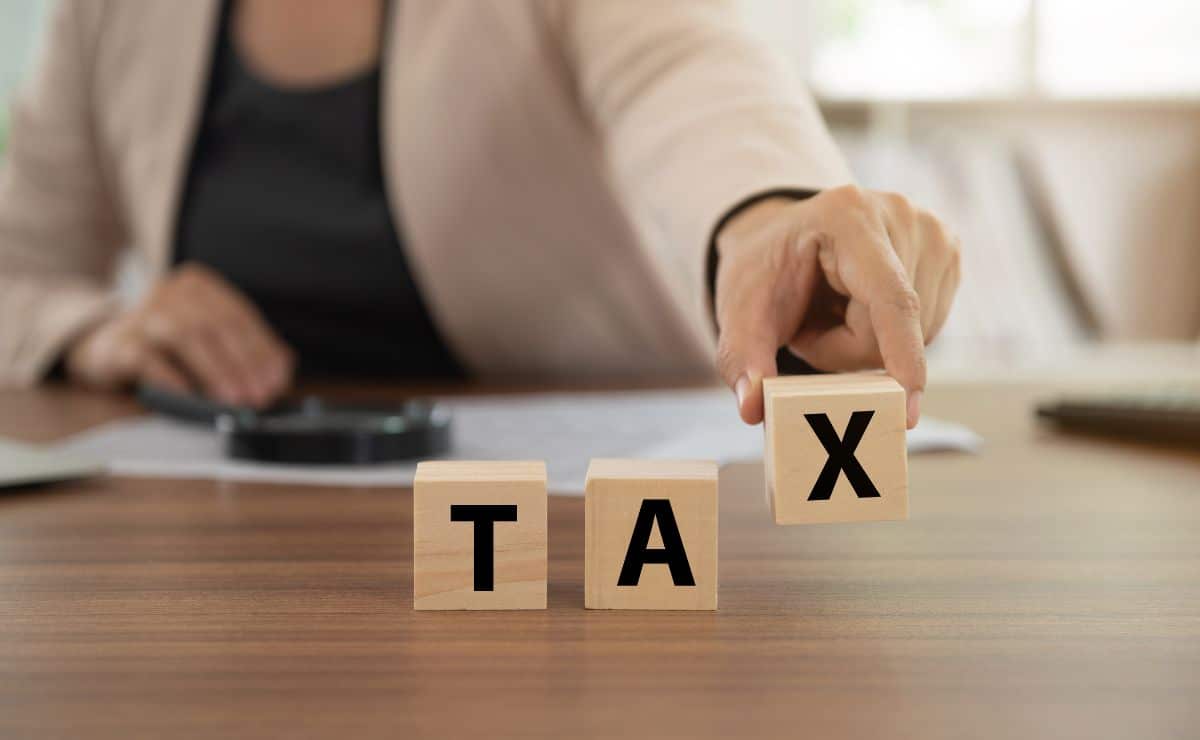The Columbian has answered 10 frequently asked questions by community members, as voters in Vancouver’s special election on Feb. 14 decide on the future of the city’s Affordable Housing Fund through voting on Proposition 3. The proposition proposes a property tax increase to maintain the fund for another decade.
Established in 2016 through a property tax levy approved by voters, Vancouver’s Affordable Housing Fund serves as the main community resource for providing affordable housing to low- and very low-income households. Over the first six years of the levy’s operation (2017-2023), it is expected to raise $42 million, which has thus far funded the development or preservation of 1,061 affordable units and 405 shelter beds, as well as providing services to 1,654 households, according to city data. The city has already allocated $35.8 million, with the remaining $6.2 million expected to be awarded by the end of 2023.
What does the Affordable Housing Levy Replacement Proposition No. 3 involve?
Should it be authorized, Proposition 3 will substitute the existing property tax levy with a new one. The new levy, which would start in 2024, is anticipated to generate $100 million in funding over a decade, which will be allocated towards affordable housing development and preservation, temporary shelters, homelessness prevention, and rental and homeownership support.

The principal contrast between the current levy and the proposed replacement levy is the quantity of funds it generates for Vancouver’s Affordable Housing Fund, as well as the expenses that property owners will incur.
If enacted, the suggested levy would result in a tax increase from 18 to around 30 cents per $1,000 in assessed property value, amounting to roughly $150 per year for households with an assessed property value of $500,000. As the city’s population increases, the cost per household is predicted to decrease. Compared to the current levy, the proposed tax would result in an additional expense of approximately $60 per household annually.
In what ways will the city utilize the extra tax revenue?
Alishia Topper, Clark County Treasurer and volunteer for the “Bring Vancouver Home” campaign supporting the levy, states that the additional $4 million raised annually through the proposed levy would mainly be directed towards affordable home construction and preservation, much like the current levy.
The proposed levy also introduces a new element of homeownership, with 5% of the funds reserved for assisting very low-income individuals in purchasing homes. The eligibility requirement for homeownership assistance is an income of 50% or less than the area’s median income, and the program’s specifics will be established following the levy’s approval.
Furthermore, since the levy’s inception in 2016, increasing inflation, rent, and development expenses imply that the city requires more resources to continue constructing affordable units. According to Topper, maintaining the $6 million per year budget for affordable housing would reduce the City Council’s influence in enacting change, thus necessitating an increase in funding to enhance its impact.